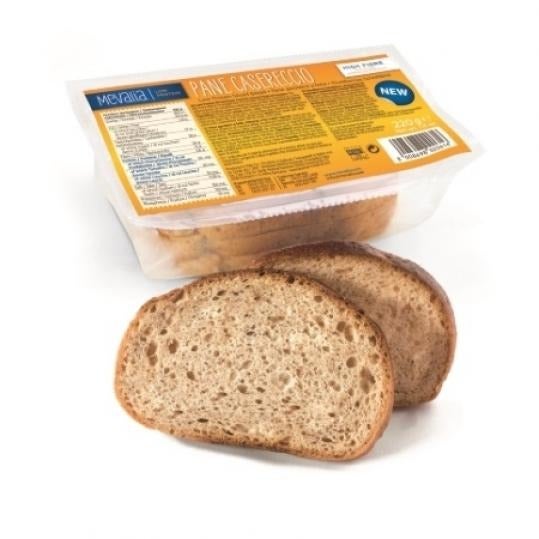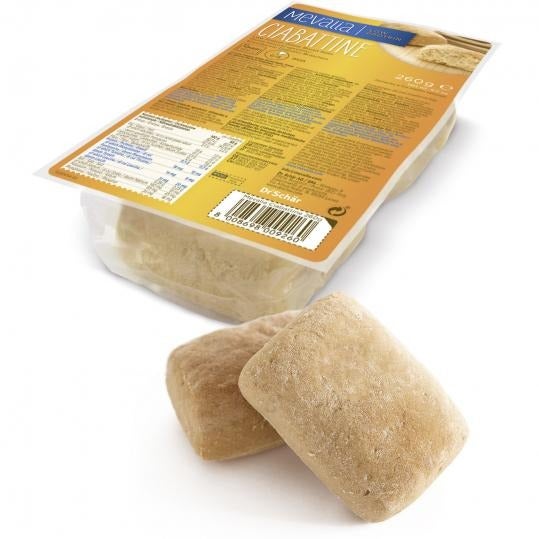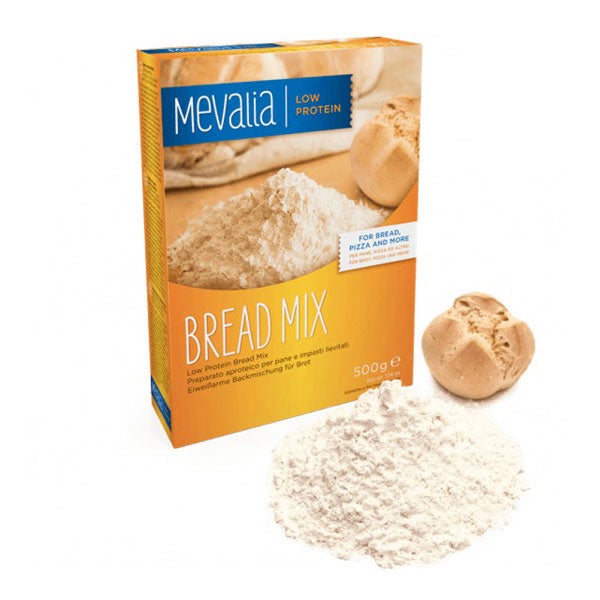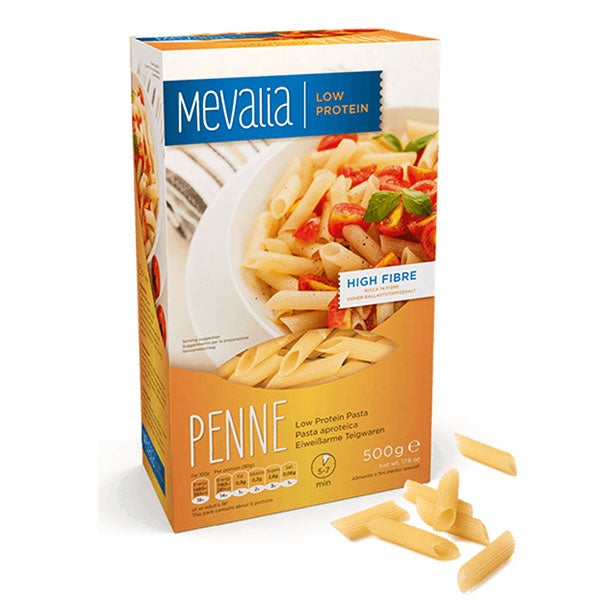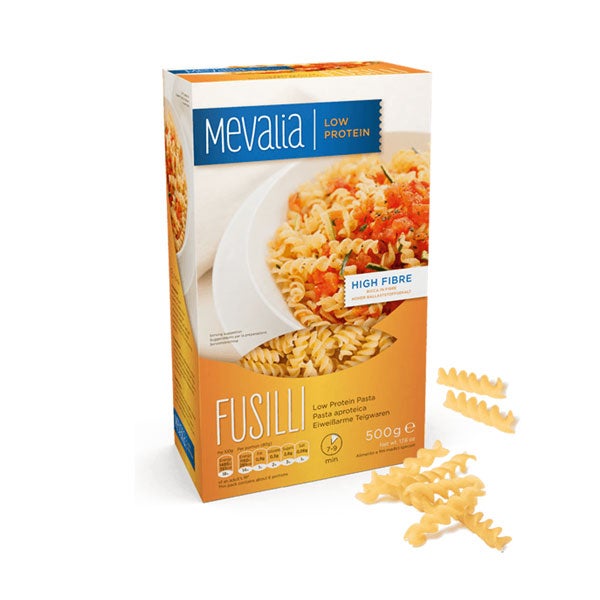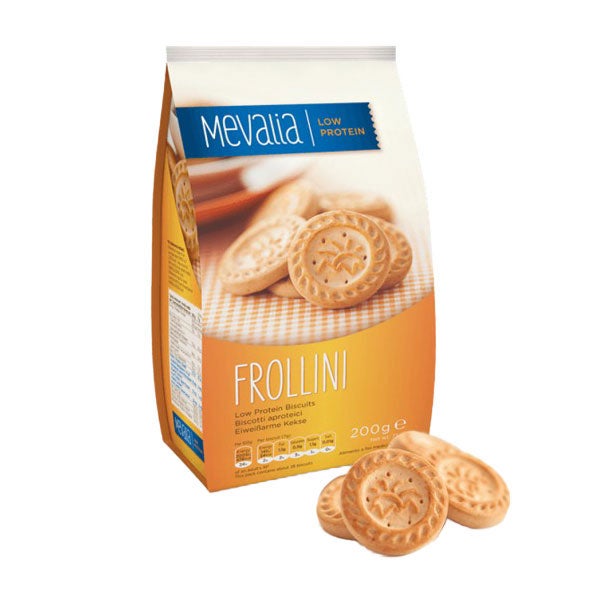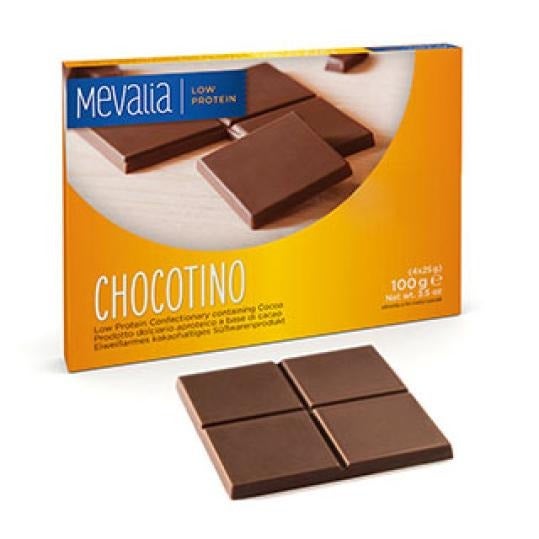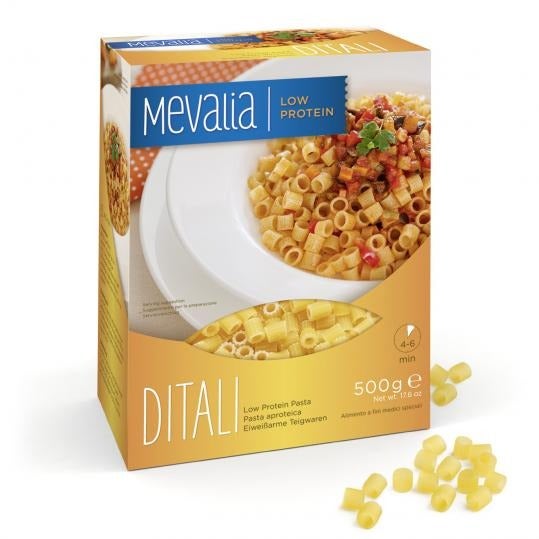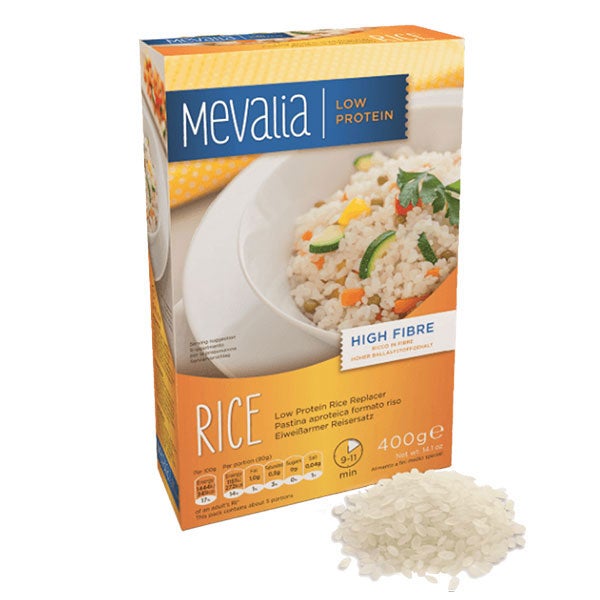Hello everyone, I am James a 22-year-old adult with PKU. Recently I have graduated from Nottingham Trent University where I studied International Business. I have travelled across the globe, visiting Europe, the USA and Africa. I am a sports enthusiast regularly playing rugby union and training in CrossFit, as well as several outdoor activities including hiking and water sports
I have recently completed my time at university, so I thought I would share my experiences and tips for young people with PKU who are looking to attend university and parents who may be worried about their adolescent/teenager with PKU moving away from home.
Firstly, I want to start by saying that having PKU at university isn’t something to be worried or scared about, I learnt so much about living with PKU at university that I would never have done in the same time period living at home. Plus, you never know who you might meet; by the time I graduated I knew of 2 other students at Nottingham Trent University who had PKU.
"Having PKU at university isn’t something to be worried or scared about, I learnt so much about living with PKU at university that I would never have done in the same time period living at home."
Preparing To Leave Home
So, once you get that thankful notification on results day that you’ve been accepted into a university, you begin to start thinking about your choice of accommodation, who your flatmates might be, whether they’ll judge you because of your PKU, how you will manage cooking for yourself when you move in and much more. These are all perfectly normal questions.
You should begin to consider your accommodation choices and I would highly recommend getting in contact with the University Accommodation or Residency Team to see what support they may be able to arrange for you. I had seen some people with PKU on Facebook previously given fridges in their rooms. So, I asked about additional storage space for my foods as I get my products delivered monthly and some needed to be stored in the fridge. Storage alone would require an entire cupboard for a months’ worth of product. Extra fridge space is very useful as my diet often involves large amounts of fruits and vegetables which quickly takes up shelf space.
My university confirmed that I would get a fridge in my room, which after moving in, I moved into the kitchen as I didn’t really want my food stored in my bedroom or the humming noise at night. My university gave me a disabled access room which was a larger room at no additional cost, so I could store the extras products and supplements. So, it’s always worth asking.
Upon, reflection I could see how some with PKU may choose to live in a studio flat, as you would get an entire kitchen to yourself and therefore have plenty of storage for products and supplements. But studio flats often come at a higher price and personally I wanted to live with a group of other students.
However, just remember each university is different so what I received may be different to what you are able to receive from your university!
"You should begin to consider your accommodation choices and I would highly recommend getting in contact with the University Accommodation or Residency Team to see what support they may be able to arrange for you."
Moving In
When you reach that exciting, but kind of daunting day where you finally move in, there’s lot of things that cross your mind and the most important thing I want you to take from my experience is don’t hide that you’ve got PKU or any of your PKU products. The people you move in with or live with in the same residence could well be your friends for life and they won’t judge you because of the food you eat.
Furthermore, if you’re anything like I was when I went to university and you’re cooking skills really aren’t that great, I can tell you now you will be in the majority when it comes to university as most people who arrive are able to cook the basics like pasta or rice and use a microwave. So when it comes to learning to cook from scratch, most people will be doing the exact same thing. All you will be doing is simply substituting other food for PKU alternatives, for example if one of your housemates is cooking a lasagne, you can join in and cook a PKU lasagne you’d just need to follow a recipe or swap out the elements that contain protein like the pasta, cheese sauce or filling for PKU friendly alternatives.
"Don’t hide that you’ve got PKU or any of your PKU products. The people you move in with or live with in the same residence could well be your friends for life and they won’t judge you because of the food you eat."
Managing PKU At University
How you decide to manage your PKU differs greatly depending on you as a person, so instead of telling you how I specifically managed my diet day to day, I thought I’d recommend some tips instead:
- Use the support available at your university, from help managing your money to using the disability support team if your PKU is affecting your studies and you may need more time or some changes in your accommodation.
- Consider whether using a home delivery programme will make things easier for you, particularly as the local pharmacy may be some walk away.
- Get copies of your favourite PKU recipes and trial making them during your first year. For lots of recipe ideas, visit the Vitafriends recipe section.
- Consider shopping during non-peak times, I recommend the late evening when items are being reduced. Especially fruit and vegetables, which I usually eat a lot of.
- At lunchtimes I found it quite common for students to eat outside of their accommodation, so consider taking a packed lunch, it’s a great way to manage your diet but also reduce your food costs as eating out quickly adds up! You will not be alone as many other students eat packed lunches.
- Similarly, if you are eating out for lunch or dinner, don’t be afraid to take specially manufactured PKU foods with you for them to cook or phone ahead and arrange a meal option suitable for your PKU diet.
- Use social media to find other people in the local area with PKU. Facebook groups, for example are great ways of finding restaurants which cater well for people with PKU or shops which sell PKU friendly foods that aren’t on prescription or available in all stores like jackfruit or rice milk.
- If you think PKU is affecting you, your studies or your life at university speak to someone that can help. It’s not worth risking your degree over. From your parents, your hospital consultant or dietitians and even university staff, they all want you to succeed, so they will do what they can to help you.
Finally, just remember everyone’s university experiences are different and they are what you make of them, so just go and enjoy yourself!














